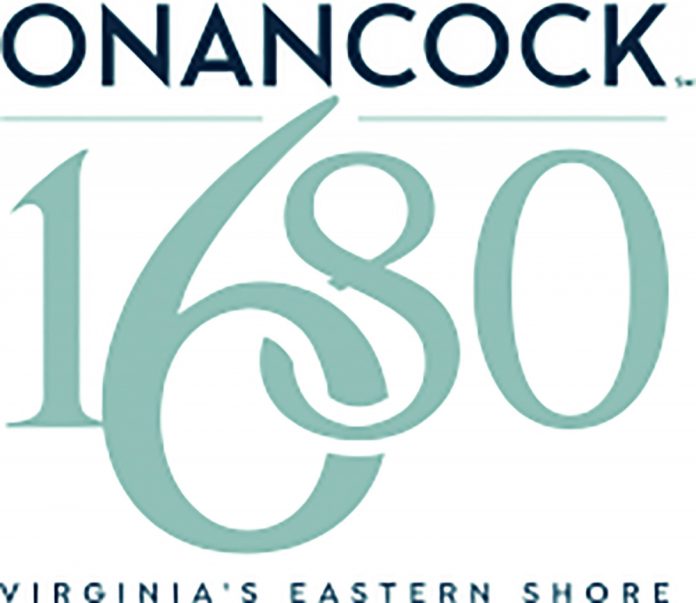By Carol Vaughn —
The Onancock Town Council at the Nov. 22 meeting discussed a major revision to the town law governing homestays, or Airbnb-type short-term rentals.
The planning commission recommended the council adopt the changes.
The council will continue discussing the proposed changes in December and a public hearing will be held, likely in January, to receive comment before the council votes on the ordinance.
Changes to the section of the town code about special use permits for certain uses in the residential district include the provision that bed-and-breakfast operators must live on the property.
For homestays, the revision recommended by the planning commission says every homestay is required to obtain and maintain a special use permit from the town, with the permit expiring three years after it is issued. It must be reconsidered by the town council following the application process in place at the time of the renewal request.
“The purpose for this was that we wanted to make sure that special use permits for Airbnbs or short-term rentals aren’t given in perpetuity,” said Town Manager Matt Spuck.
Additionally, homestays are required to submit transient occupancy taxes. If any homestay is idle for 12 consecutive months or does not submit transient occupancy taxes, the special use permit is automatically rescinded, according to the recommended revision.
“We currently have 11 permits in town — a couple of properties that sold and another one on the market, so those numbers are dwindling, but of the remaining there still are those that don’t submit their TOT (transient occupancy tax),” Spuck said.
Homestay owners are required to file a TOT form quarterly, whether they had revenue or not, according to Spuck.
Existing homestays would be grandfathered in for certain regulations related to special use permits, according to the council discussion.
The current owner must apply for the special use permit, under the recommended revision. If a property sale is contingent on getting the permit, both the current owner and the purchaser may jointly apply.
An owner is allowed only one homestay in town. Any ownership by a limited liability company, partnership, or corporation must disclose all individuals included in the ownership, and no individual may own any portion of more than one homestay in town.
Another stipulation is that the owner must provide the town with proof of insurance each year.
Applicants must provide local contact information for a responsible party — that information will be made available to adjoining property owners and the Onancock Police Department.
The revision also includes the requirement that there be a minimum of 200 feet plus a tax parcel between properties allowed for use as homestays.
“We don’t want contiguous Airbnbs. We want enough space between them,” Spuck said.
“This was the best way we could figure out how to manage the clustering that some residents seemed to be concerned about,” said Councilman Bob Bloxom, who serves on the planning commission.
The council agreed to strike a recommended provision that homestays may rent for no more than 90 days a year.
Councilwoman Maphis Oswald objected to the proposed limit, saying, “If somebody buys a property and decides what they want to do with it and they have followed all the rules and regulations to do that, how many days they operate their business is not your business … The free enterprise system will be dead quickly with this.”
Bloxom said he also strongly disagrees with the limit.
The recommended ordinance also places limits on the number of people allowed per rental and adds requirements for off-street parking.
Additionally, the proposed ordinance says the special use permit will be revoked by the zoning administrator if three or more substantiated complaints are received by the town in a calendar year, or if the owner fails to comply with any of the regulations in the ordinance.



